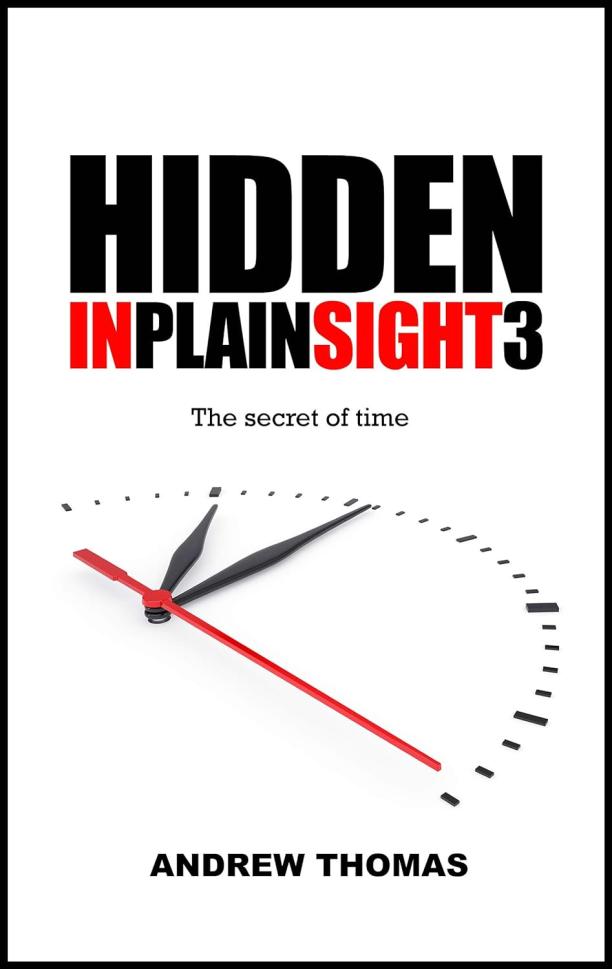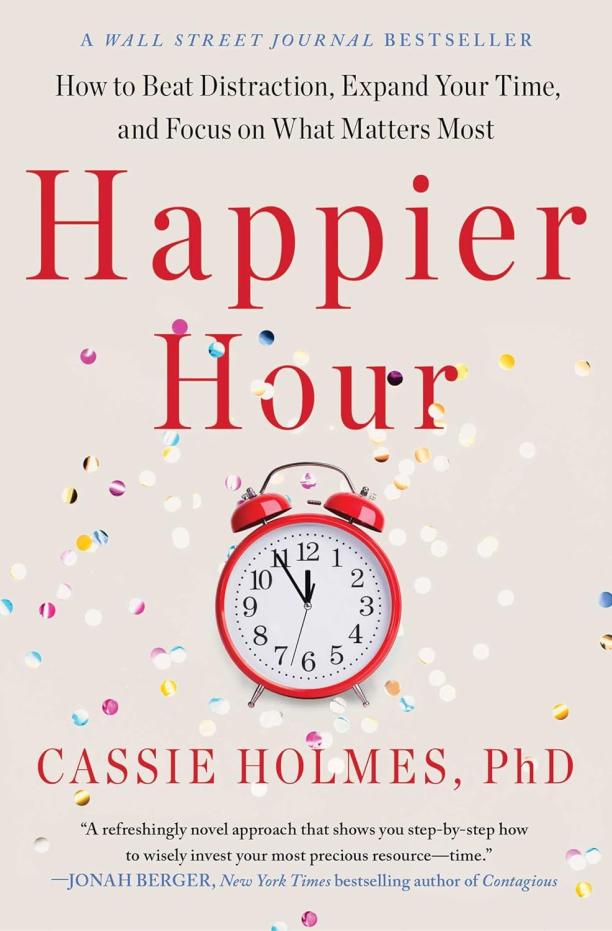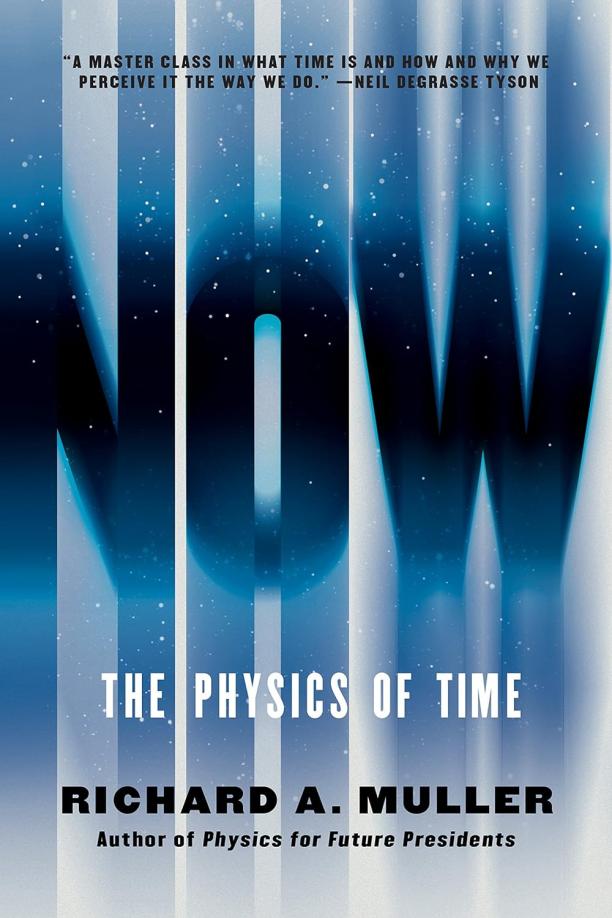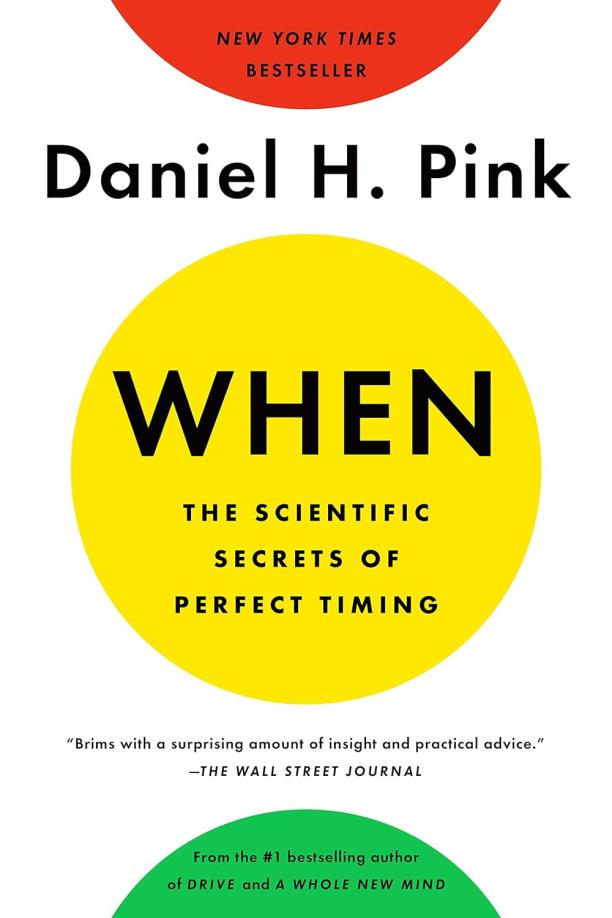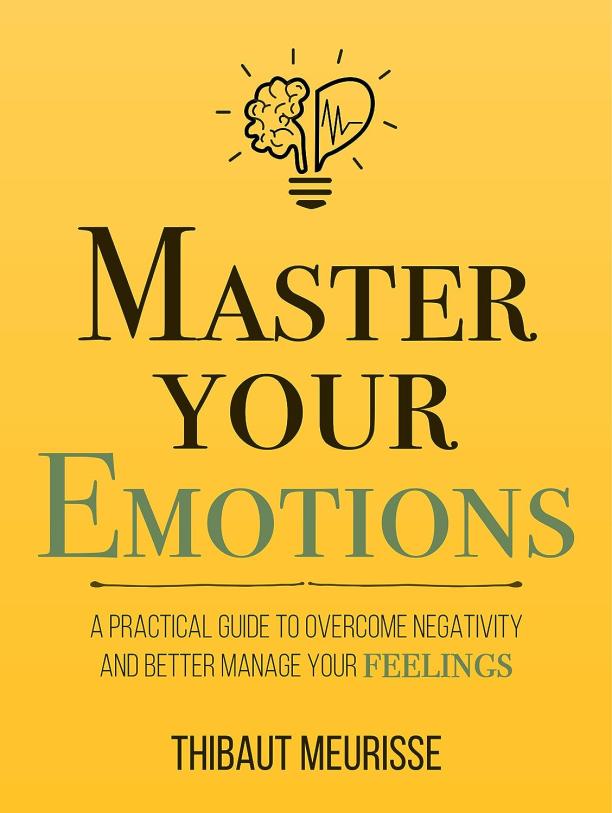Summary:
The book explores the concept of subjective time perception, examining how individuals experience the passage of time differently based on emotional states, attention, and various psychological factors. It delves into the neuroscience behind our temporal experiences and discusses the implications of time perception on our daily lives, decision-making, and sense of self.
Key points:
1. Emotion's Impact on Time: Wittmann explains that emotions affect how we perceive time—happiness makes it fly, while boredom or sadness slows it down.


